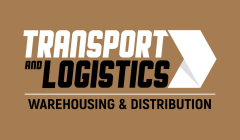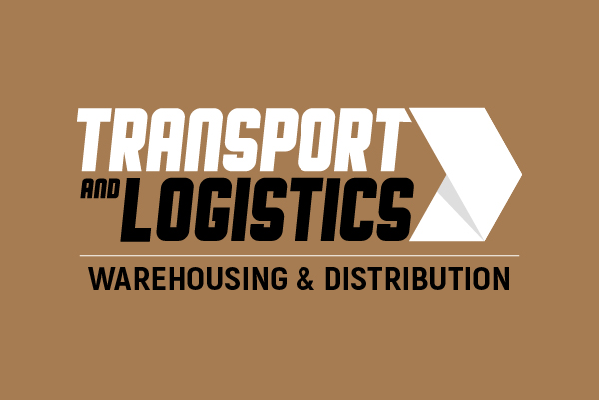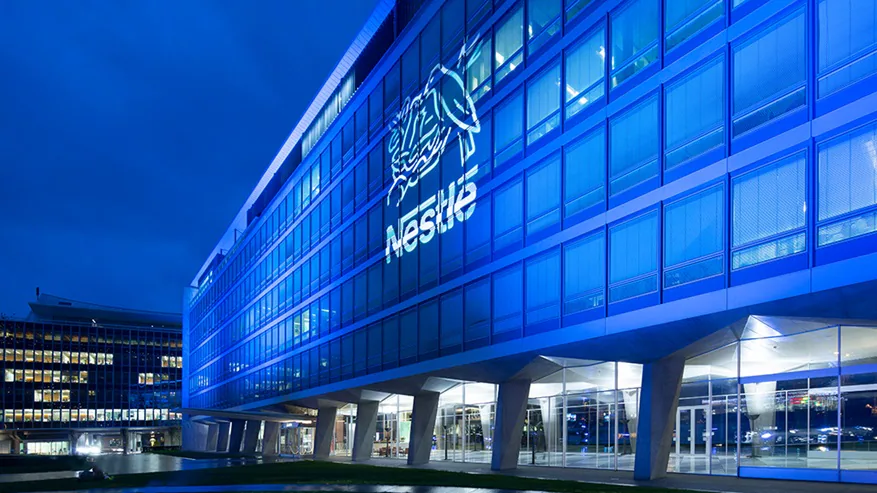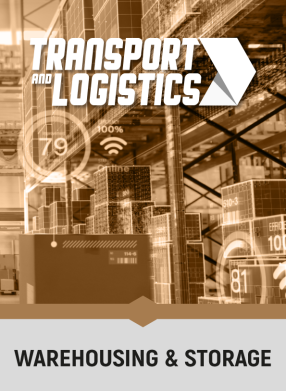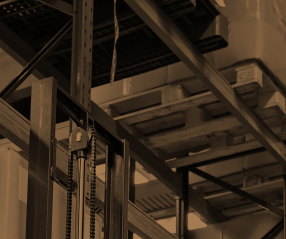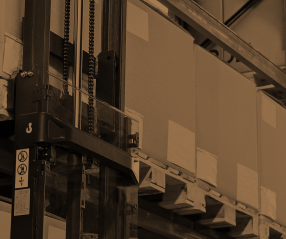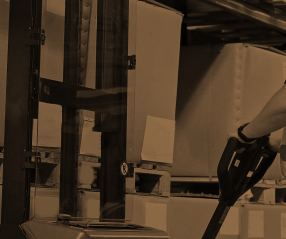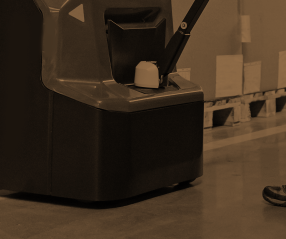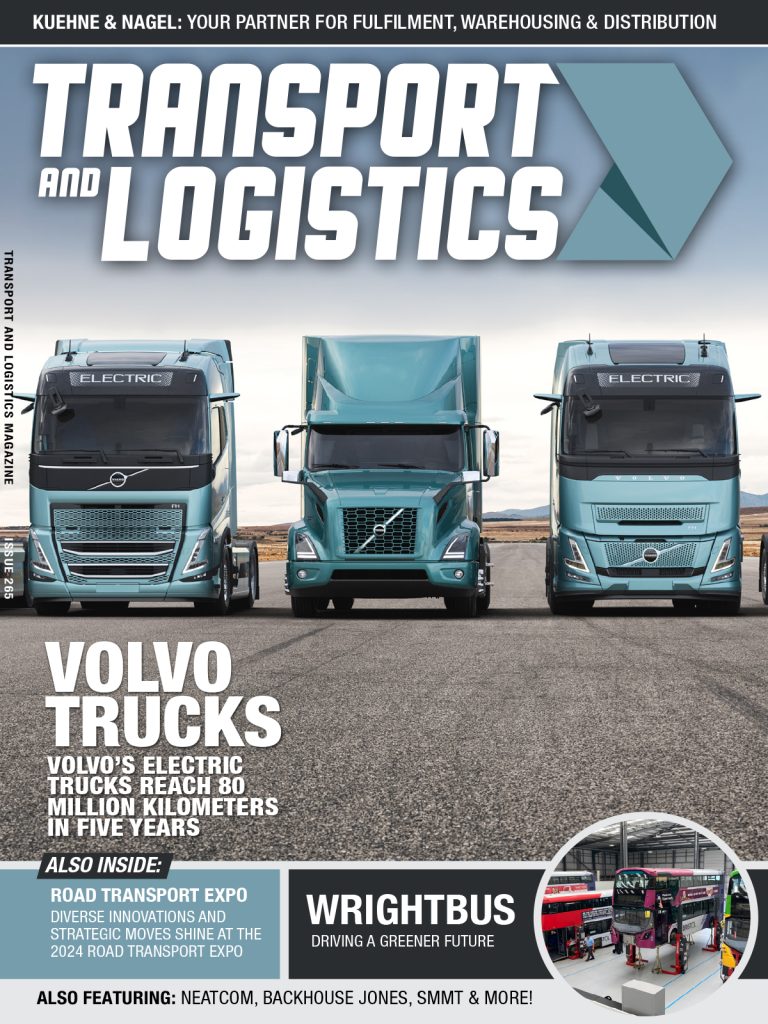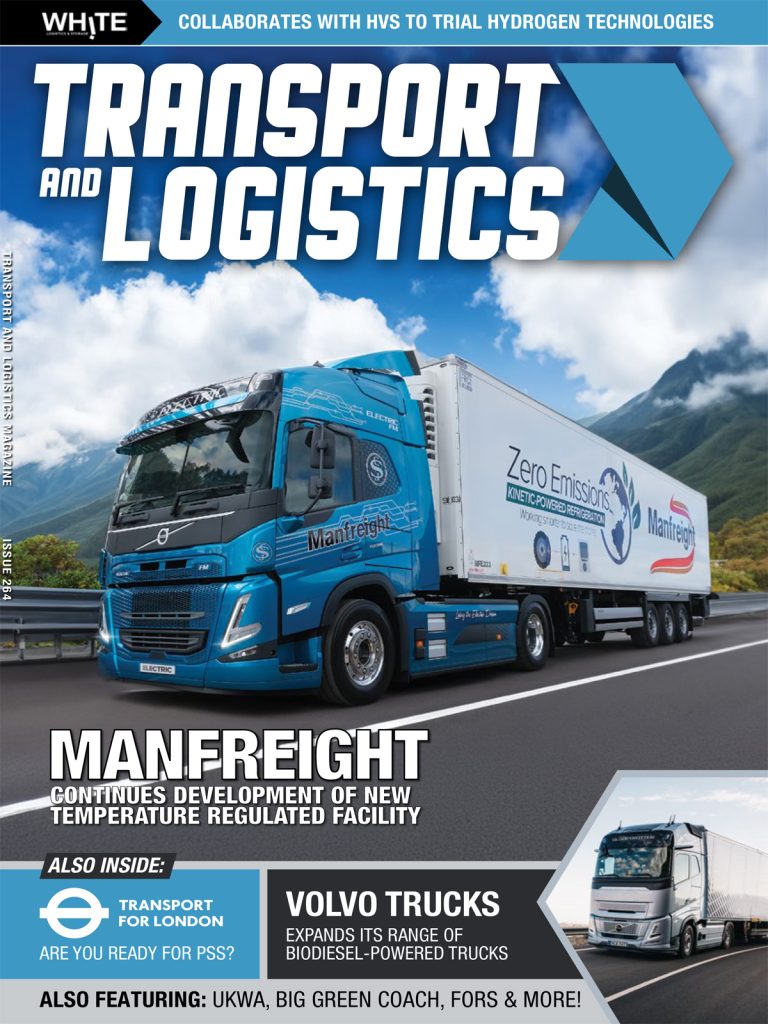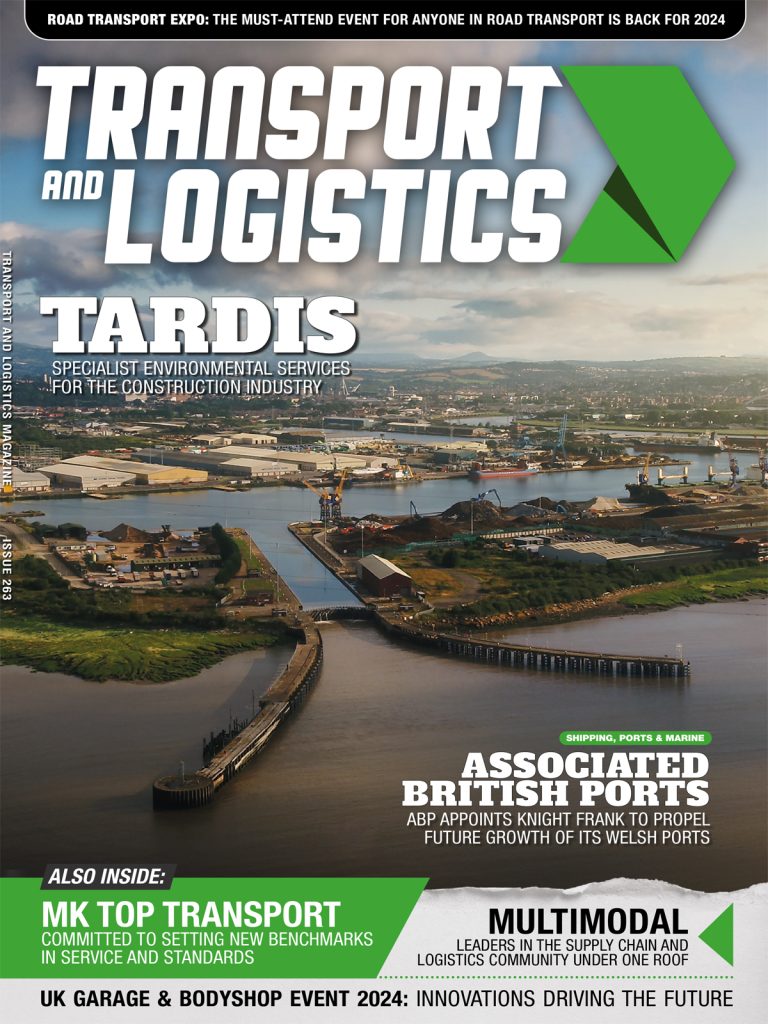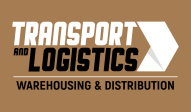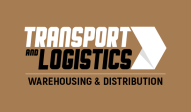Nestlé, the world’s largest food and beverage company, is cutting its ocean logistics greenhouse gas (GHG) emissions by using Maersk’s ECO Delivery solution for 100% of its ocean containers shipped by Maersk in 2023, with an option to extend this agreement into 2024 and beyond. The seaborne emissions of these transports are being reduced by over 80% compared to the usage of conventional fossil fuels.
With ECO Delivery, Maersk customers can handle ocean transports completely with certified green fuels* like second generation biofuel based on waste feedstocks. These fuels are replacing conventional fossil fuels on container ships in Maersk’s fleet. The corresponding GHG emission savings are confirmed to the customers with a certificate.
Nestlé’s goal is a 50% reduction of its total emissions by 2030 and to be net zero by 2050. With scope 3 emissions being the major part of the overall emissions, ECO Delivery is an effective solution for abatement of scope 3 emissions caused by ocean transports. Nestlé’s water beverages and Nespresso have been two pioneering brands using ECO Delivery since 2021.
Today many more of Nestlé’s up to 2,000 brands are reaching the end consumers with a much smaller GHG footprint thanks to Maersk’s ECO Delivery. Furthermore, Nestlé is one of Maersk’s partners in piloting also low GHG emission landside transports, e.g. by rail or electric trucks.
“This is a very decisive step of Nestlé to use our very low GHG emission solution for 100% of their ocean cargo with Maersk. We are proud and delighted to make this immense emission savings possible with our ECO Delivery. Having green fuel solutions like ECO Delivery at hand, it still takes such impressive commitments of our customers like Nestlé to make the decarbonization of our shipping and landside logistics actually happen. This is why we are grateful for the positive feedback we get from customers like Nestlé that are buying ECO Delivery for all their ocean cargo. This makes a real change for the climate and for our world.” Johan Sigsgaard – Executive Vice President and Chief Product Officer Ocean of A.P. Moller – Maersk
Maersk aims to be a net zero company across all business areas by 2040.
With this agreement Nestlé ranks among the largest ECO Delivery clients by volume. Since 2023, Maersk sees a trend of more and more global and national leading companies using the ECO Delivery very low emission solution for all their seaborne cargo which means a substantial financial commitment for the cargo owners. On the other hand ECO Delivery guarantees direct emission savings through allocation of green fuels, and these transports will be exempted by Maersk from future EU Emissions Trading System (ETS) charges. Furthermore, customers benefit from fixed prices for the green fuels. ECO Delivery will also become available for airfreight cargo as well as landside transports in certain areas.
*Maersk defines ’green fuels’ as fuels with low (65-80%) to very low (80-95%) GHG emissions over their life cycle compared to fossil fuels. Maersk green fuels and its supply chain are verified by the International Sustainability and Carbon Certification (ISCC). The methodology for accounting emissions is based on GLEC (Global Logistics Emission Council) and is certified by Smart Freight Center. We ensure auto-generated performance tracking of Maersk ECO Delivery shipments. Maersk ECO Delivery CO2e saving certificates will be issued. The method is audited by PwC in accordance with the International Standard of Assurance Engagements 3410 (ISAE 3410 – Assurance Engagements on Greenhouse Gas Statements), showing CO₂e savings for the scope of the Maersk ECO Delivery agreement.
